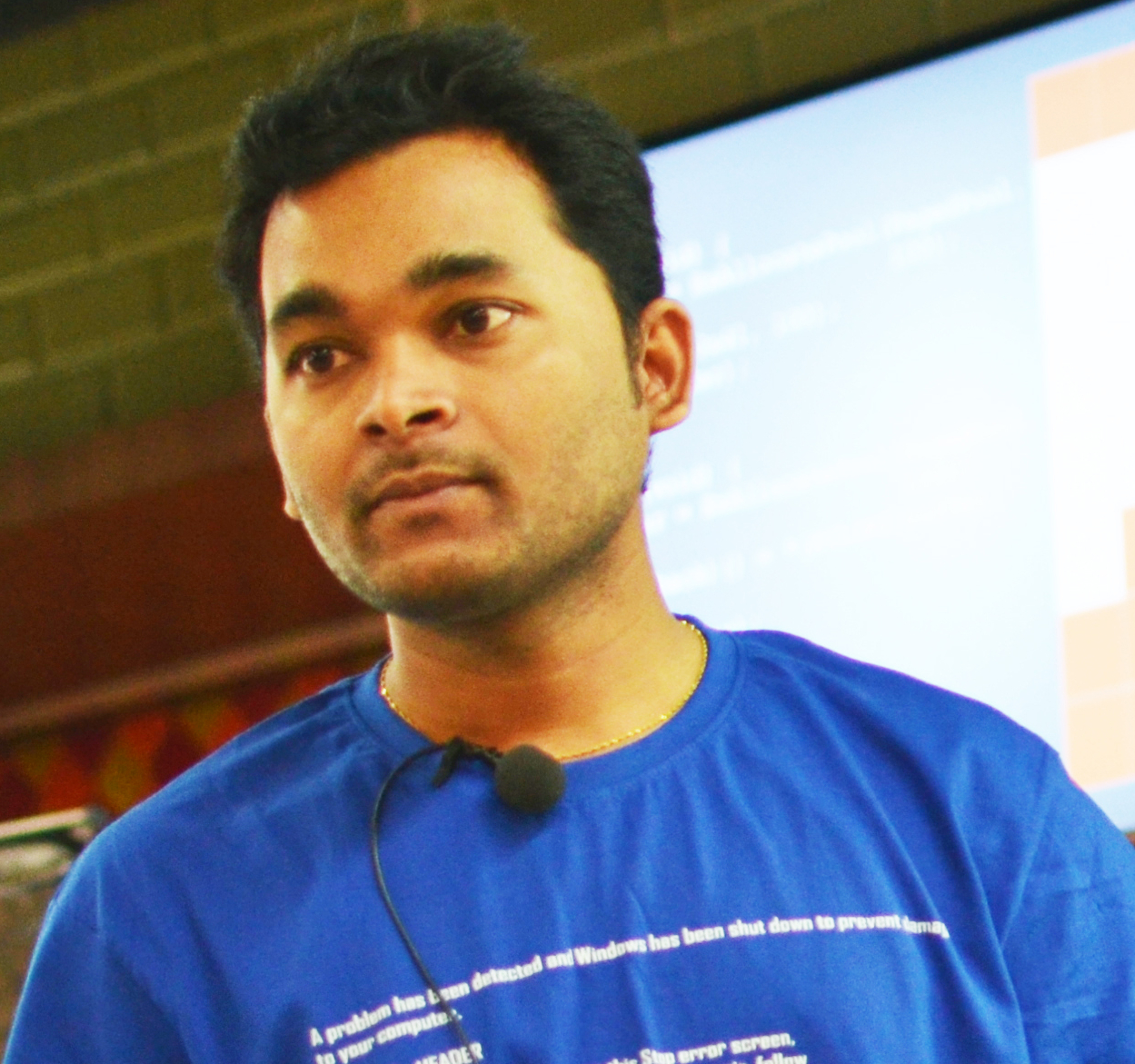Course Description
This training is the upgraded version of Windows Kernel Exploitation Foundation course. In this course we will use Windows 10 RS2 x64 for all the labs. This course starts with the changes in Windows 10 RS2, Internals, hands-on fuzzing of Windows kernel mode drivers. We will understand Pool Internals in order to groom pool memory from user mode for reliable exploitation of pool based vulnerabilities.
We will look into how we can bypass kASLR using kernel pointer leaks. We will do hands-on exploitation using Data-Only attack which effectively bypasses SMEP and other exploit mitigation.
At the last day of the training, we will have a CTF to write an exploit for the known kernel vulnerability in Windows 10 RS2 x64.
This training assumes that the attendees have basic understanding of operating system concepts, familiar with software debugging, and knowledge about basic software vulnerabilities.
Upon completion of this training, participants will be able to:
- Learn basics of Windows internals
- Understand how to fuzz Windows kernel mode drivers to find vulnerabilities
- Learn the exploit development process in kernel mode
- Understand how to groom kernel pool from user land
- Get comfortable with Windows kernel debugging
What students will be provided with?
- Training slides
- Scripts and code samples
- BSOD T-Shirt
Course contents
- Day 1
- Windows 10
- Architecture
- Fuzzing Windows Drivers (Hands-On)
- Locating IOCTLs in Windows Drivers
- Locating input entry points
- Writing scripts to fuzz the discovered IOCTLs
- Exploit Mitigations
- Kernel Address Space Layout Randomization (kASLR)
- Understanding kASLR
- Breaking kASLR using kernel pointer leaks
- Supervisor Mode Execution Prevention (SMEP)
- SMEP concepts
- Breaking/bypassing SMEP
- Kernel Address Space Layout Randomization (kASLR)
- Pool
- Internals
- Tracing object allocations
- Feng-Shui (Lookaside List & ListHeads List)
- Exploitation (Hands-On)
- Pool Overflow
- Windows 10
- Day 2
- Quick Revision
- kASLR
- SMEP
- Feng-Shui
- Exploitation
- Pool Overflow (continued)
- Achieving arbitrary read/write primitive (Data-only attack)
- Gaining local privilege escalation
- Different places to corrupt
- Arbitrary Memory Overwrite
- Achieving arbitrary read/write primitive (Data-only attack)
- Gaining local privilege escalation
- Pool Overflow (continued)
- Quick Revision
- Day 3
- Quick Revision
- Pool Overflow
- Data-only attacks
- Exploitation CTF
- Write exploit for a known Windows 10 kernel vulnerability (CVE)
- Miscellaneous
- Assignment to write a blog post about the vulnerability exploited during CTF
- Q/A and Feedback
- Quick Revision
Target audience
- Windows Kernel Exploitation Foundation attendees
- Bug Hunters & Red Teamers
- User Mode Exploit Developers
- Windows Driver Developers & Testers
- Anyone with an interest in understanding Windows Kernel exploitation
- Ethical Hackers and Penetration Testers looking to upgrade their skill-set to the kernel level
Requirements
- Basic operating system concepts
- Good understanding of user mode exploitation
- Basics of x86/x64 Assembly and C/Python
- Patience
Hardware/Software Requirements
- 8 GB Flash drive
- A laptop capable of running two virtual machines simultaneously (8 GB+ of RAM)
- 40 GB free hard drive space
- Vmware Workstation/Player installed
- Everyone should have Administrator privilege on their laptop
Trainer Biography
Ashfaq Ansari is the founder of HackSys Team code named “Panthera”. He has experience in various aspects of Information Security. He has authored “HackSys Extreme Vulnerable Driver” and “Shellcode of Death”. He has also written and published various white papers on low level software exploitation. His core interest lies in Low Level Software Exploitation both in User and Kernel Mode, Vulnerability Research, Reverse Engineering, Program Analysis and Hybrid Fuzzing. He is a fan boy of Artificial Intelligence and Machine Learning. He is the chapter lead for null (Pune).


